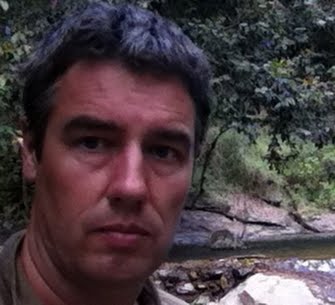
Languages
Dutch
English
French
German
Usually responds
Within a few days
Want a profile like this one?
Join thousands of news professionals who use Paydesk to showcase their work and get hired by top media outlets.
Get Started
See how it works
Book Arjen with Paydesk
Make your booking securely through paydesk for these benefits:
1
Preferred Booking Channel
Arjen is more likely to commit to assignments booked through paydesk, as it is a trusted platform that validates the seriousness and legitimacy of each engagement.2
Insured Bookings for Peace of Mind
We provide basic insurance coverage with each booking on paydesk, giving both you and the media professional confidence and protection while they work for you.3
Effortless Online Payment
Paydesk offers a payment protection system to ensure payments are only finalized when you are satisfied with the job completion. Freelancers trusts our process that guarantees their efforts are rewarded upon successful delivery of servicesStill have questions?
Check FAQAbout Arjen
Arjen Westra is a Dutch freelance journalist based in Nairobi, Kenya since 2002.
Video Package (Web / Broadcast)
Audio package (Radio / Podcast)
Interview (Video / Broadcast)
Fact Checking
Portfolio
Africa in the Picture.

In the South of Ethiopia, in one of the driest regions in the world, the Borana people have become the guardians of the most precious common good: water. Once a year, when the dry season reaches its peak in Oromia, after long days of walking, the Borana herders gather with their livestock around their «singing» wells, their only resource against the tragic effects of global climate change. These ancient hand-excavated wells are managed by the shepherds themselves, who pass buckets from hand to hand to fetch water. The repetitive chants that resonate in the well are work songs: they create a rhythm that keeps everyone working at the same pace. While around the world there is a rush to privatize water resources, the Borana consider water as a common property and a right for everyone, allowing them to have access to water without any money being exchanged. With a sensitive approach and evocative photography, the film follows the tribes daily life during a major drought, over a year, and

 Hire Now
Hire Now
 Message Arjen
Message Arjen

